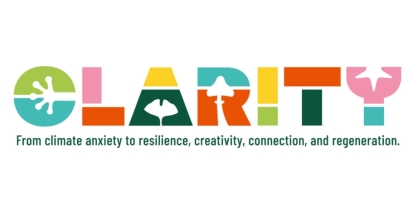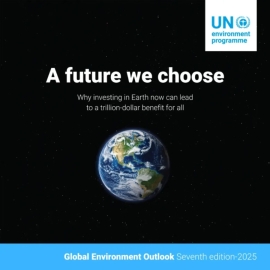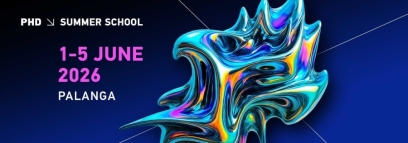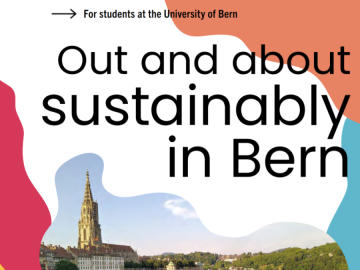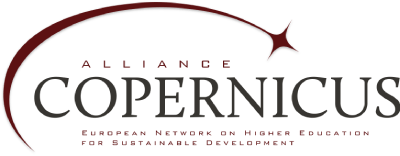The Leaders of Learner Empowerment (LoLE) project, funded by The German Federal Environmental Foundation (DBU) and led by Leuphana University Lüneburg, is developing a free training program on Education for Sustainable Development (ESD) specifically designed for school leaders. Through hands-on projects, participants will drive systemic change in schools using a Whole School Approach. Running from 2025 to 2026, the programme includes international cohorts and aims to create a global ESD leadership network.
Education for Sustainable Development (ESD) is widely recognized as a key framework for driving societal transformation towards sustainability. School leaders play a pivotal role in embedding ESD holistically within their institutions, as they shape the conditions that empower young people to become active change agents in this transformation. Despite this, school leaders have so far received little attention as a target group. Empirical studies reveal that many school leaders feel they lack the knowledge and experience needed to initiate transformative change at a systemic level. The Leaders of Learner Empowerment (LoLE) project addresses this gap by piloting a training program for school leaders. At the core of the program, participants will design and implement their own transformative, community-based projects focused on topics such as sustainable nutrition or consumption.
The training will be delivered in two consecutive six-month cohorts. Each cohort will focus on real-world change projects initiated by the participants, aimed at implementing ESD through a Whole School Approach. These projects will serve as case studies, which will be analyzed and further developed throughout the training. Following an action research model, the program begins with an application process in which school leaders submit their proposed change projects. This is followed by an in-person kick-off event where participants present their projects, set learning objectives, and engage in various formats such as workshops, coaching sessions, and peer learning activities. Each cohort concludes with a wrap-up event, coinciding with the start of the next cohort.
The two cohorts will take place between September 2025 and August 2026. A unique aspect of the project is its international reach: smaller cohorts in Canada, the USA, South Africa, Ethiopia, Costa Rica, and Japan will undergo parallel training programs. Project coordinators from each of these countries will gather in Lüneburg for the conclusion of the first cohort and the launch of the second.
Insights and lessons learned from the participants’ case studies will be developed into practical learning materials, including guidelines for implementing the WSA in everyday school practice.
Furthermore, the project aims to establish an international ESD school leadership network comprising all participants. This network will continue to support the implementation of the WSA at participating schools and beyond, fostering a long-term impact.
This project is Funded by The German Federal Environmental Foundation (Deutsche Bundesstiftung Umwelt, DBU) and is implemented by Leuphana University Lüneburg in cooperation with partners from York University (Canada), Arizona State University (USA), Rhodes University (South Africa), Ethiopian Graduate School of Theology (Ethiopia), University for Peace (Costa Rica), and Okayama University (Japan).
For more information and updates on the project, visit the Sustainability Education Transdisciplinary Research Institute (SETRI) at Leuphana University. Should you have any questions or would like to contribute, please contact the project’s coordinator, Daria Humburg, at


